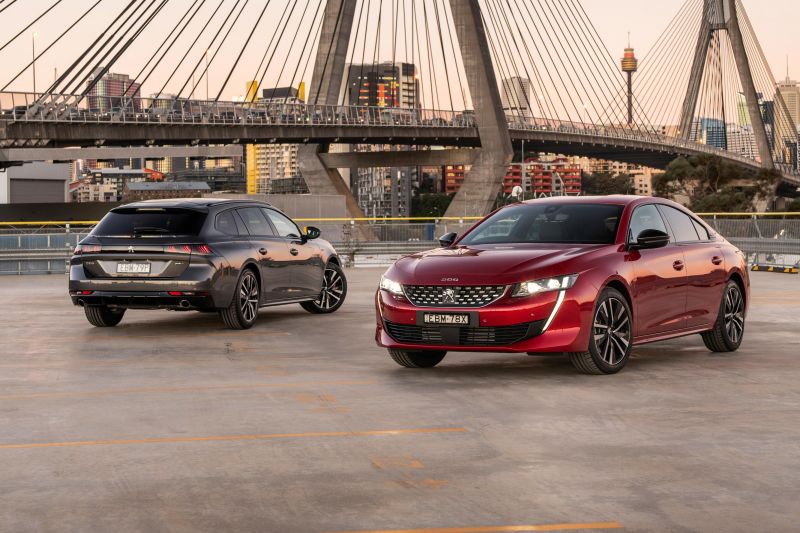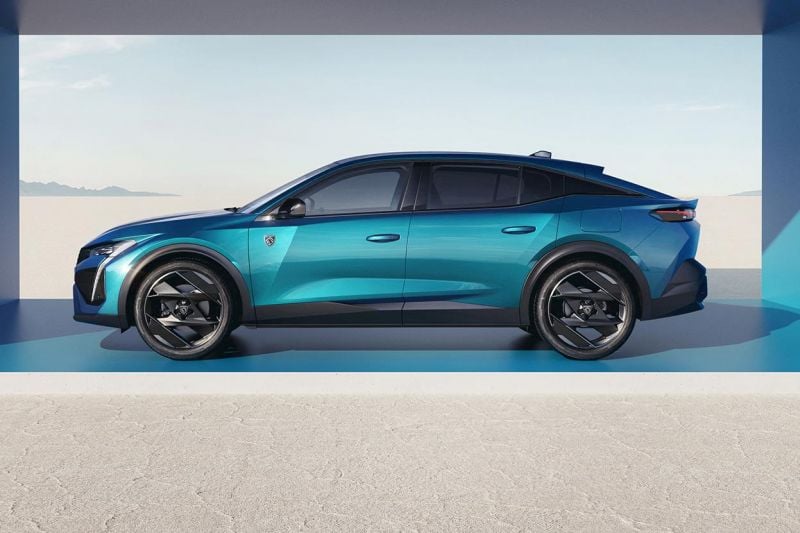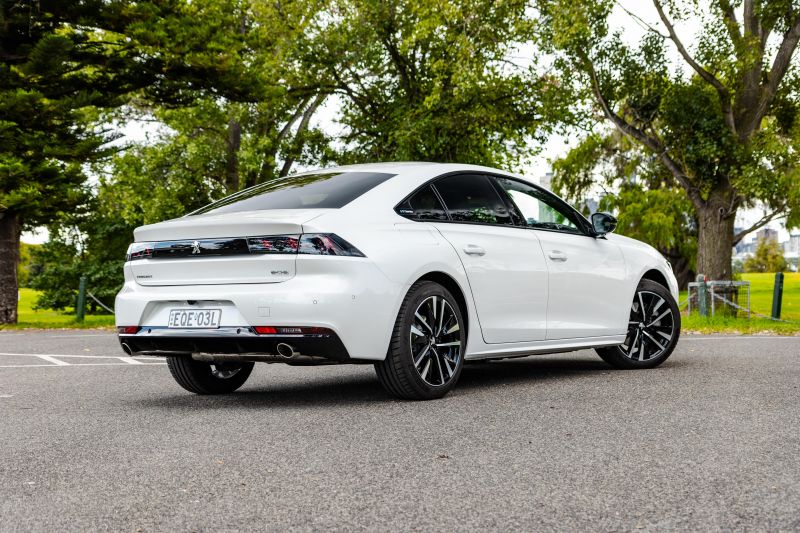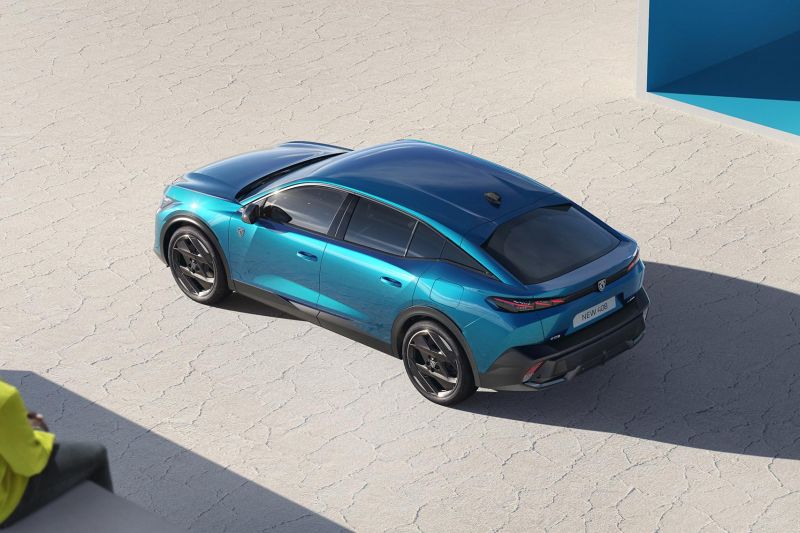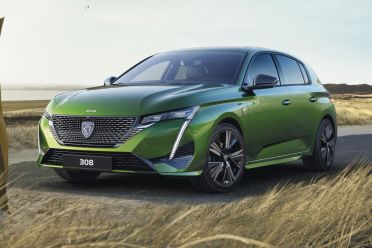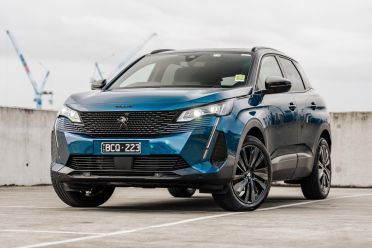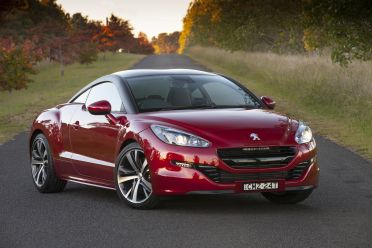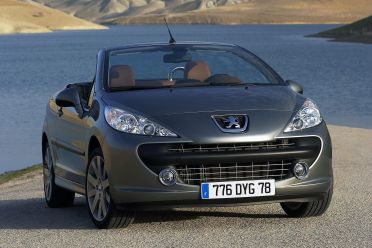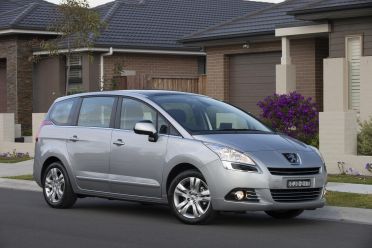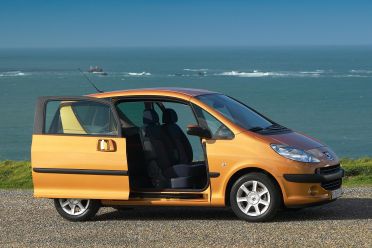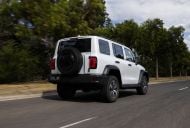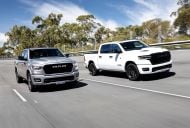Peugeot will focus on volume segments moving forward, but its models won’t necessarily follow similar templates to their rivals.
The brand’s head designer, Matthias Hossann, told Autocar the 408 and 508 are examples of Peugeot’s strategy, arguing both models boast unconventional silhouettes for their segments.
But Peugeot CEO Linda Jackson ruled out the brand’s return to offering niche products like coupes and convertibles, or its entry into new segments.
“We aren’t in a niche strategy. So we very much are identifying exactly where what we call the profit and volume pools are, where there’s the concentration of volume and where is the right positioning for Peugeot,” Ms Jackson told Autocar.
“So I’m not going to be in the position – and I’m sure someone’s going to ask me – to have a cabriolet or to have a coupé. Or am I going to have something else? And I always disappoint people because, you know, that’s not our strategy.
“Our strategy is to be very, very focused and really concentrate on where we are: our core segments, our core successes.
“Of course, who knows for the future? But quite honestly, I think we need to be very focused at this stage.”
She noted the Peugeot 208 is Europe’s best-selling car, while its electric e-208 counterpart is Europe’s best-selling EV.
While the recently revealed 408, a high-riding liftback, appears to contradict Ms Jackson’s claim Peugeot won’t compete in new or niche segments, the executive noted 408 customers are likely to come from the existing small and mid-sized segments.
She also noted customers don’t make the same distinctions between segments as automotive executives do.
While rivals like Ford and Opel/Vauxhall have left the mid-sized passenger car segment in Europe, Peugeot suggested its 508 may stick around.
“Well, at the moment, the 508 is doing very well, and I’m quite happy with it,” said Ms Jackson.
“We shall see how it goes in the future, but people are moving away and looking for different types of cars, if you like, and we envisage that there will be people coming from the D-segment into the 408, for example.
“So people are moving, but right now we believe that they’re distinct offers.”
The brand’s head designer said the current 508, launched in 2018, was the start of “the evolution of the traditional sedan car” with its sleek, coupe-like styling.
The new 408 is “challenging conventional silhouettes” and future Peugeot models will similarly do so, though Mr Hossann didn’t confirm whether future Peugeots would straddle conventional segments as the 408 does.
He said “every product we are designing needs to be a worldwide product”, noting China is no longer the sedan stronghold it once was as seemingly every global market continues to gravitate towards SUVs.
“We don’t want to be stuck to traditional sedans or SUVs any more,” said Mr Hossann.
“We want to push for the future of Peugeot, so every time we design a new car, we want to challenge the conservative silhouettes that we are used to.”
He called the 408 “a new breed of car” that’s neither sedan nor SUV but a “white space” vehicle to sit between, with a raised ride height but a rakish roofline for greater efficiency and a sportier look.
He also added the brand “didn’t want to just do a sedan crossover with some plastic parts on it”.
The recently revealed 308, in contrast, maintains a fairly conventional hatchback or wagon silhouette, while the 2008, 3008 and 5008 crossovers largely follow the same basic design formula as rival small and mid-sized crossovers.
Ms Jackson’s remarks rule out a return to coupes and convertibles, echoing a wider industry swing away from these body styles.
The brand has a rich history of attractive two-door models, such as the 504 Coupe and Cabriolet and the 406 Coupe, but it has been several years since Peugeot last offered a coupe or convertible.
Production of the RCZ coupe ended in 2015 with the last examples sold here in 2016. The 308 CC convertible also died around this time, with the smaller 207 CC droptop discontinued in 2012.
The axing of the two convertibles occurred in the midst of a mass extinction of folding metal hardtop convertibles, with rival brands like Ford, Opel/Vauxhall and Volkswagen also dropping theirs.
Soft-top successor models like GM’s Cascada, sold under the Buick, Holden, Opel and Vauxhall brands, subsequently died and precious few affordable convertibles remain.
Peugeot also followed a broader industry trend in killing its non-van based people movers.
Once hot property in Europe, MPVs have declined markedly as SUVs have grown in popularity.
The 5008 morphed from an MPV-like design to a more conventional crossover in its second generations, while the short-lived 1007 – never sold here – was axed in 2009.
In other markets, Peugeot still sells people movers but these are based on its commercial van range.



